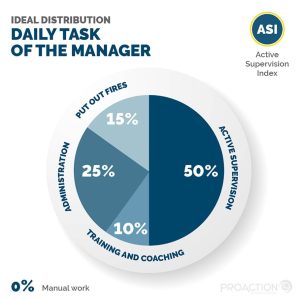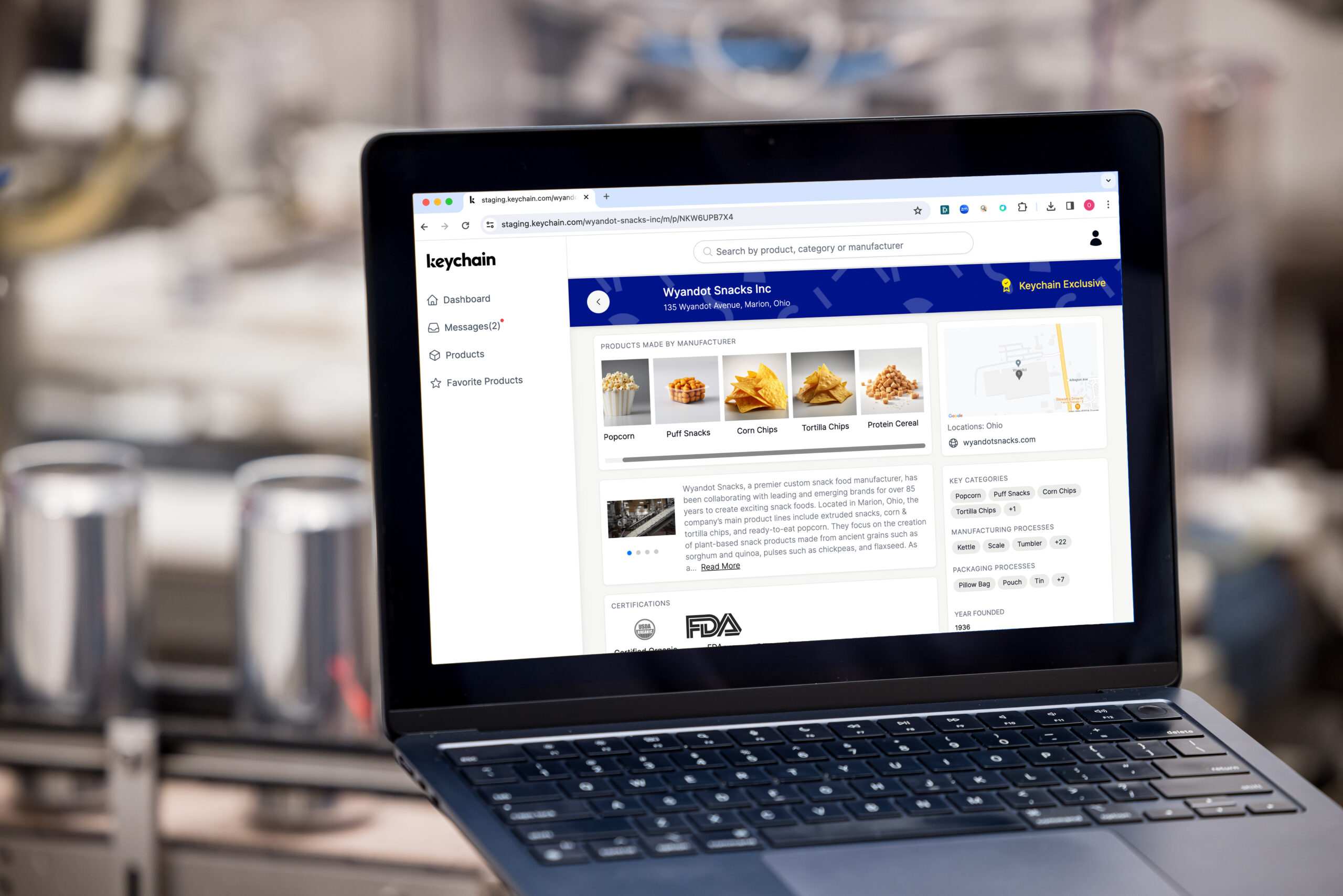This article is written and sponsored by Proaction International.
We’re all familiar with the job market buzzwords dominating today’s food and beverage industry headlines: The Great Resignation, tight labor markets, concerns about returning to the workforce amid COVID-19, and unionization efforts and strikes.
As businesses negotiate the complex pandemic landscape, they must also tackle these complicated themes.
With that, there is, no simple turnkey solution to addressing the labor shortage. Workers come from different socioeconomic backgrounds, have families to care for, bills to pay, and different career aspirations.
Further, working in the food and beverage industry is not always easy. While employees often relate positively to their employers, working conditions can be difficult. Yet, what we have found, is what really motivates workers is to be part of something bigger than themselves. To have an impact. To be considered in decision making.
Therefore, taking a holistic view of employees is critical.

Organizations need good managers who understand their management roles and act accordingly to ensure team performance. However, 62% of managers have little or very little knowledge of management as a profession and its related levers for value creation.
As such, there are huge gains to be made in the short and long term simply by improving the leadership skills of managers.
Too often these managers have risen through the ranks but haven’t been adequately supported in this progression. While their knowledge of the field is a proven strength, organizations often don’t provide them with the required tools to successfully transition into a true leader, leaving them overwhelmed and not in control of their daily activities.
Yet, companies often rely on training programs to boost management effectiveness, and their impact often falls short from expectations. Trainees come back from sessions with their mind full of new concepts and energy but once back to the front lines, they very quickly fall back to old routines.
Training is important but must be followed by one-on-one coaching to ensure that concepts become reflexes.
Coaching frontline managers in the food industry
In the food and beverage industry we focus on frontline managers (team lead, supervisors, managers) who typically have the largest span of control while also having the biggest influence on operational performance.
By coaching managers to master and apply the principles of active supervision, food production, processing, and distribution, organizations are empowered to win not only in terms of yield and material recovery, but also in terms of product quality, employee engagement, health and safety, and environmental sustainability.
Here are 3 reasons why manager coaching is such a success:
- A coach can highlight things that the person being coached – whether an athlete or a manager – would never notice on their own.
- They can also track the improvement of behaviors over time and assess the impacts of the transformation.
- Likewise, when a coach follows up on our progress, after providing observations and feedback on previous occasions, it makes it much easier to feel accountable for the results. And of course, one’s level of commitment will be much stronger.
By accompanying managers in their daily work, coaching is all about transforming knowledge into behaviors and process optimizations into work habits. How do we achieve this? By encouraging best practices to become rooted in our daily way of working. By doing so, they become the reflexes that lead to a lasting positive impact on employee’s engagement, where they can reach their full potential, and therefore have a huge impact on workforce productivity.
Coaching is a highly concrete way to help managers adopt best management practices in their interactions with team members. Proaction International’s experts offer support based on coaching and training of teams, optimization of tools and processes as well as digitalization of management, by implementing UTrakk – a Daily Management System.
Phil Gautrin, CEO USA at Proaction International, is an operations management expert who helps organizations achieve their business objectives through sustainable growth. Over the last 25 years, he has empowered businesses to increase their revenues, analyze their performance metrics, and develop new tools, systems, frameworks, platforms, and processes to increase efficiency.
About Proaction International
Proaction International builds on the human element, equipped with the right technology, as the driving force behind the performance and competitiveness of organizations. Deployed on three continents, the approach focuses on developing management maturity across organizations and achieving gains at human, operational, and financial levels. Proaction International’s experts provide support based on coaching and training of teams, optimization of tools and processes, and digitalization of management via the UTrakk DMeS application, which fosters good management behavior.











